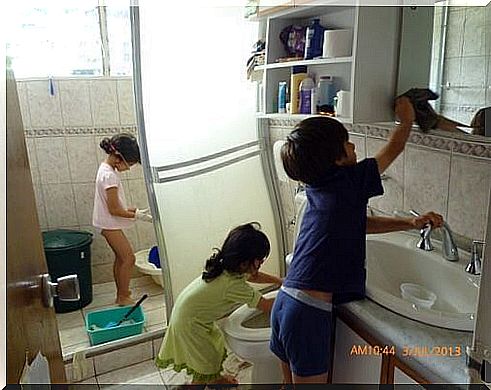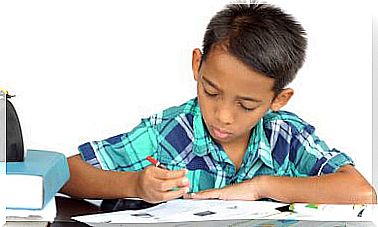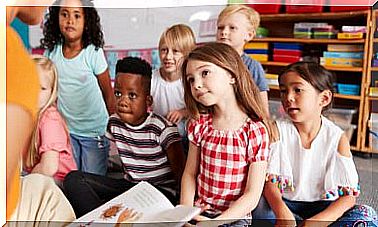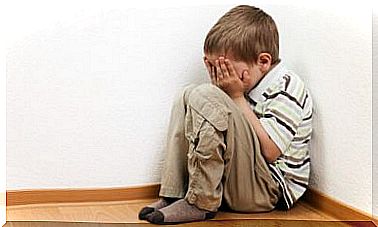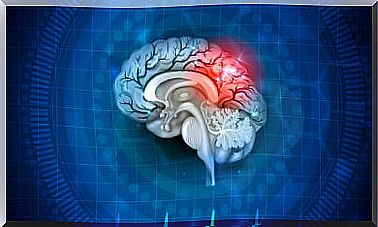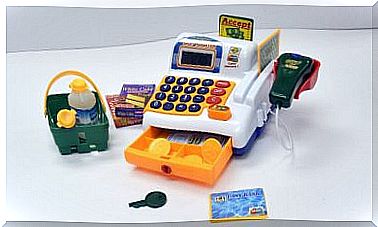Adolescents: Freedom Equal To Responsibility?
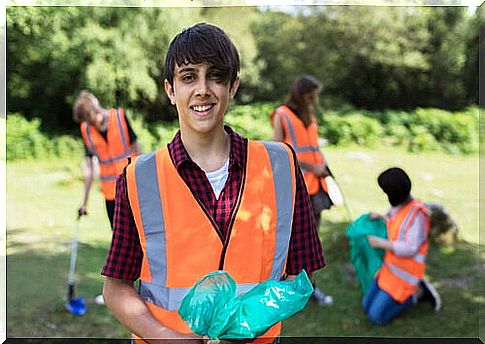
Adolescence is a very difficult time for both young people and their parents. While they worry about their identity and their relationship with their environment, the older ones worry about how to educate them in the best way for the future.
How should a sense of responsibility be transmitted to adolescents? Is freedom of action the best resource?
Responsibility is one of the most important values that a teenager can acquire for the rest of his life. As trainers, parents have a non-delegable obligation to encourage their incorporation into everyday life.
Being responsible means acting according to the rules of a certain area. This can occur within the family, in educational or sports institutions or in the community itself. Furthermore, for it to be possible to judge the responsibility of an act it is a necessary condition that it be free. Otherwise, you are acting under duress.
Now, what is the best way to convey the importance of responsibility for adolescents? We will then try to shed some light on this issue.
Instill responsibility in adolescents
A responsible adolescent is one who fulfills his duty and respects the rights of others. It not only implies knowing what to do in a certain context or situation, but also carrying it out.
In case of not complying with this requirement, being responsible also entails the obligation to open up and not divert the blame onto others.
Here are some ways parents can communicate the importance of this value to their teens:
1.- Make clear the rules and their reasons
Impose behaviors because it is useless. The ideal is to explain to your children how they should act in each circumstance and, fundamentally, why this behavior is expected on their part.
Thus, the young person will interpret that it seeks to do him good and not simply force him to do something to impose the authority of the father. In addition, if you ever receive questions about your behavior, you will have the necessary arguments to explain your actions.

2.- Give them freedom
As we explained before, being free to act is a requirement for a person to be able to bear the consequences of their actions, be they good or bad. While it is important that parents lead the way, it is the adolescents themselves who must do so on their own.
You can remind them of certain things at first, but after a while it is time for them to incorporate and apply them on their own. In this way, they will gradually build their independence.
3.- Assign them tasks and rules that they must fulfill at home
One of the best ways to help a young person learn the value of fulfilling their responsibilities is to involve them in their daily tasks. You can, for example, make him solely responsible for the care of the household pet.
4.- Help them find solutions and not overload
Because responsibility is a value that is not learned overnight, mistakes can arise along the way that must be remedied. In this case, it is important not to “let it handle itself”, but to try to give it a hand in reaching a solution.
While it is necessary to let you take care of your failures, we bear in mind that anyone can be wrong.
On the other hand, it is not advisable to harass it with excessive loads. This could lead to stressful conditions with very bad consequences for your health. Therefore, it is recommended to be cautious in this regard.
Freedom as an indispensable condition
Once again, we will emphasize this aspect. For adolescents to be responsible people, it is essential that we teach them to decide freely.

Nothing is further from educating in responsibility than a father who spends the day chasing his son and telling him what to do. This is precisely what makes learning so difficult to transmit.
A highly constructive alternative for teens is volunteering. This is performing tasks of your own accord and without expecting to receive anything in return. The main objective is usually to collaborate with the community in situations of vulnerability or emergency.
Volunteering helps develop essential values in young people, such as empathy, solidarity and humility. In addition, it is usually a very useful space to interact with people with similar interests.
In conclusion, we could say that freedom and responsibility are two concepts that definitely go hand in hand. Free acts are what make us responsible people.
In the case of adolescents, both qualities must be formed little by little, with a predisposition to dialogue and with clear examples.
